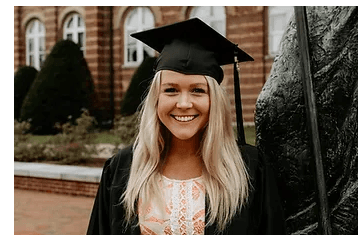America’s first-time voters are heading to the polls on Nov. 8 with the influences of the COVID-19 quarantines, social media, and mainstream media outlets on their minds.
According to the research arm of Tufts University, there are about 8.3 million 18-year-olds eligible to vote in the 2022 midterm elections.




